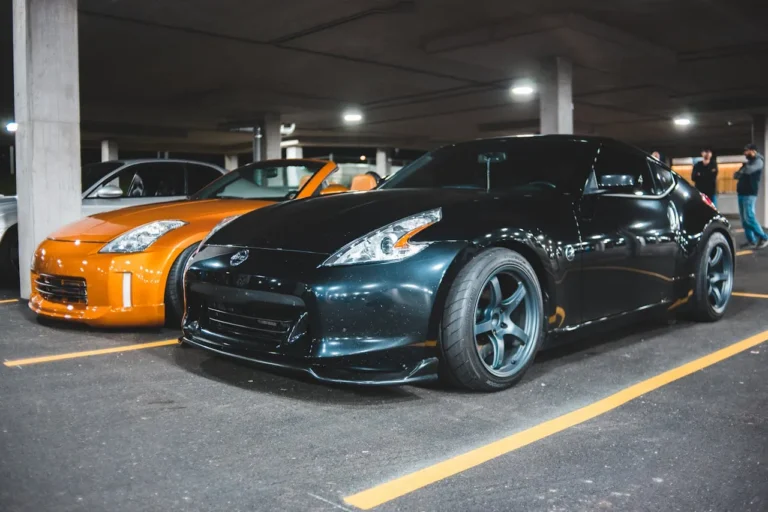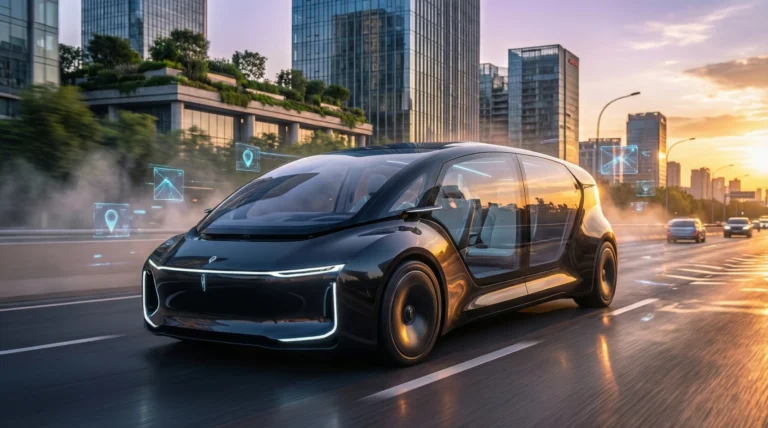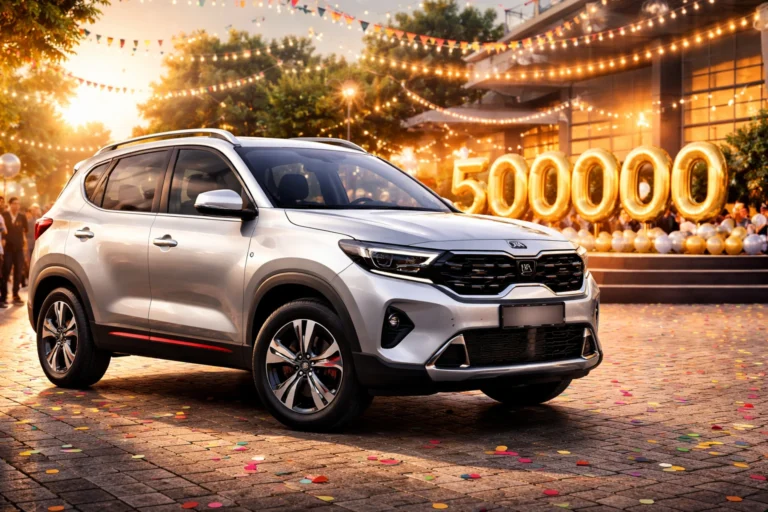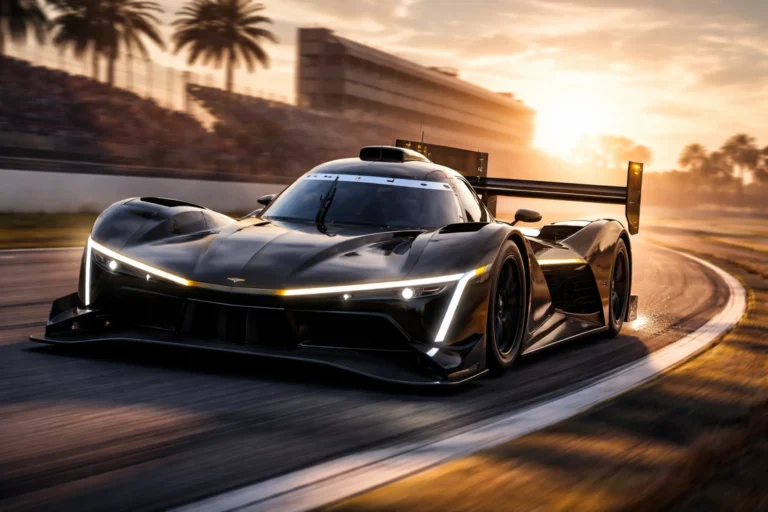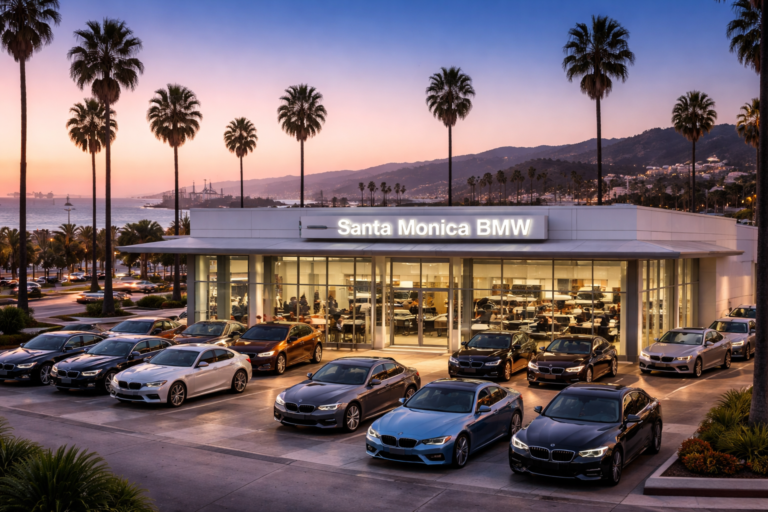
Driver satisfaction in the automobile industry has edged up by 1% to a score of 80 out of 100 as inventory levels stabilize, according to the American Customer Satisfaction Index (ACSI®) Automobile Study 2024. Satisfaction remains steady for both mass-market (79) and luxury (81) segments from the previous year, but the “all others” category—comprising smaller brands—has boosted the overall ACSI score with a 7% increase to 81.
Despite signs of recovery from the pandemic, not all is smooth for consumers. Forrest Morgeson, Associate Professor of Marketing at Michigan State University and Director of Research Emeritus at the ACSI, notes that inflation and concerns about rapid technological advancements are making consumers hesitant to make major purchases. Economic uncertainty and range anxiety regarding electric vehicles also contribute to this caution.
Subaru and Toyota Compete in Mass-Market Segment
In the mass-market segment, Subaru and Toyota are now tied for first place with an ACSI score of 83. Subaru’s 1% increase and Toyota’s 1% decrease reflect their recent sales performance. Subaru has seen 22 consecutive months of sales growth, while Toyota reported a 14.3% increase in sales volume for the first half of 2024. Subaru’s reputation for safety and Toyota’s emphasis on quality and hybrids are key factors in their standings. However, Toyota’s complaint handling will be under scrutiny, particularly as it explores generative AI for improvements.
Honda ranks third with a 1% increase to 82, followed by Mazda (up 1% to 81), Buick (up 1% to 80), and Kia (up 4% to 80). Ford (up 3% to 79), Volkswagen (up 4% to 78), and Ram (up 4% to 77) also show significant gains. Despite improvements for Ram and Jeep (up 1% to 75), Stellantis brands occupy the bottom positions, with Dodge down 1% to 74 and Chrysler at 71.
Customer experience metrics for mass-market vehicles are stable or improving. Driving performance and vehicle safety score 84, while dependability, exterior appearance, and mobile app quality are at 83. Gas mileage, technology, and warranties show gains, with gas mileage up 3% to 80 and technology rising 3% to 80.
Mercedes-Benz and Tesla Lead in Luxury Segment
In the luxury segment, Mercedes-Benz (up 4%) and Tesla (unchanged) are tied for first place at 83. Mercedes-Benz customers are particularly pleased with the company’s hybrid vehicles, while Tesla’s pricing strategy and improved complaint handling seem to enhance value perceptions.
Lexus, last year’s co-leader, slips 1% to 82, tying with Cadillac (unchanged) for second place. Audi remains steady at 80, followed by BMW and Lincoln, both at 79. Acura falls to last place with a 3% drop to 77.
Luxury segment scores are generally strong, with mobile app quality (86), driving performance (85), and app reliability (85) leading, while interior, warranties, and gas mileage score lowest.
Hybrid Vehicles Gain Popularity
ACSI data reveal that hybrid drivers (82) are more satisfied than gasoline (80) and electric vehicle drivers (77). Hybrid vehicles, popular in both mass-market and luxury segments, offer greater fuel efficiency and address range concerns associated with electric vehicles.
Morgeson highlights that the surge in hybrid sales reflects a desire for a balance between environmental benefits and practical needs. As automakers continue to invest in hybrid technology, this trend is expected to persist.


